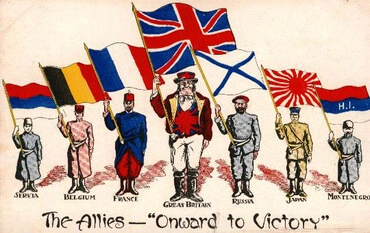1
Saraï, femme d'Abram, ne lui avait point donné d'enfants. Elle avait une servante Egyptienne, nommée Agar.
2
Et Saraï dit à Abram: Voici, l'Eternel m'a rendue stérile; viens, je te prie, vers ma servante; peut-être aurai-je par elle des enfants. Abram écouta la voix de Saraï.
3
Alors Saraï, femme d'Abram, prit Agar, l'Egyptienne, sa servante, et la donna pour femme à Abram, son mari, après qu'Abram eut habité dix années dans le pays de Canaan.
4
Il alla vers Agar, et elle devint enceinte. Quand elle se vit enceinte, elle regarda sa maîtresse avec mépris.
5
Et Saraï dit à Abram: L'outrage qui m'est fait retombe sur toi. J'ai mis ma servante dans ton sein; et, quand elle a vu qu'elle était enceinte, elle m'a regardée avec mépris. Que l'Eternel soit juge entre moi et toi!
6
Abram répondit à Saraï: Voici, ta servante est en ton pouvoir, agis à son égard comme tu le trouveras bon. Alors Saraï la maltraita; et Agar s'enfuit loin d'elle.
7
L'ange de l'Eternel la trouva près d'une source d'eau dans le désert, près de la source qui est sur le chemin de Schur.
8
Il dit: Agar, servante de Saraï, d'où viens-tu, et où vas-tu? Elle répondit: Je fuis loin de Saraï, ma maîtresse.
9
L'ange de l'Eternel lui dit: Retourne vers ta maîtresse, et humilie-toi sous sa main.
10
L'ange de l'Eternel lui dit: Je multiplierai ta postérité, et elle sera si nombreuse qu'on ne pourra la compter.
11
L'ange de l'Eternel lui dit: Voici, tu es enceinte, et tu enfanteras un fils, à qui tu donneras le nom d'Ismaël; car l'Eternel t'a entendue dans ton affliction.
12
Il sera comme un âne sauvage; sa main sera contre tous, et la main de tous sera contre lui; et il habitera en face de tous ses frères.
13
Elle appela Atta-El-roï le nom de l'Eternel qui lui avait parlé; car elle dit: Ai-je rien vu ici, après qu'il m'a vue?
14
C'est pourquoi l'on a appelé ce puits le puits de Lachaï-roï; il est entre Kadès et Bared.
15
Agar enfanta un fils à Abram; et Abram donna le nom d'Ismaël au fils qu'Agar lui enfanta.
16
Abram était âgé de quatre-vingt-six ans lorsqu'Agar enfanta Ismaël à Abram.







